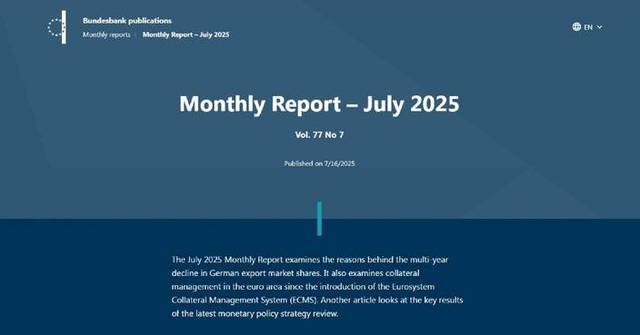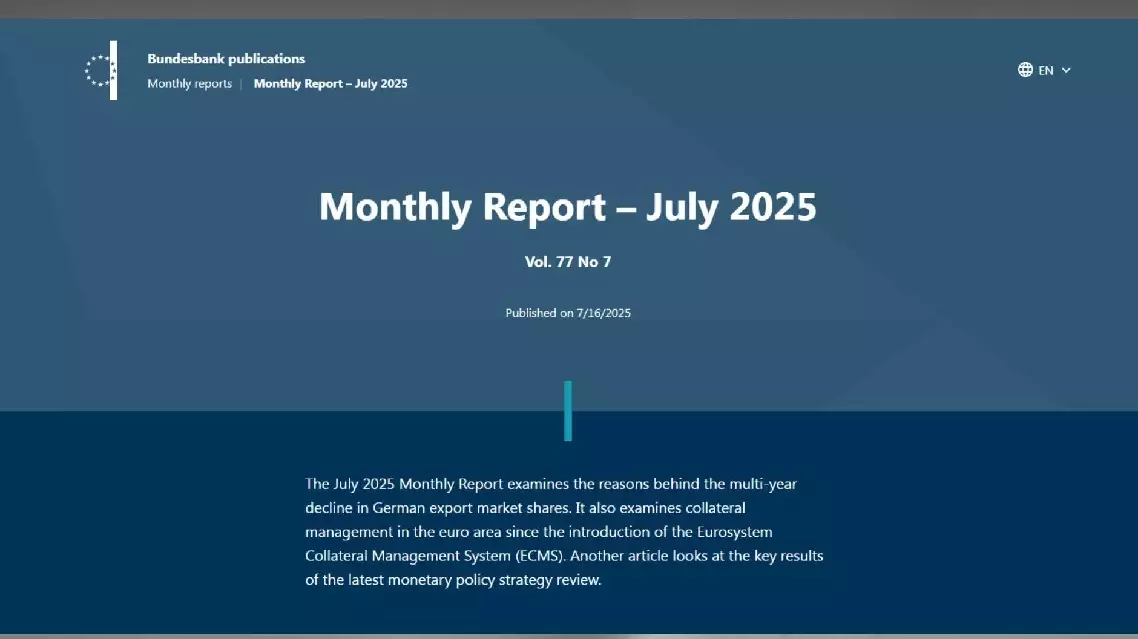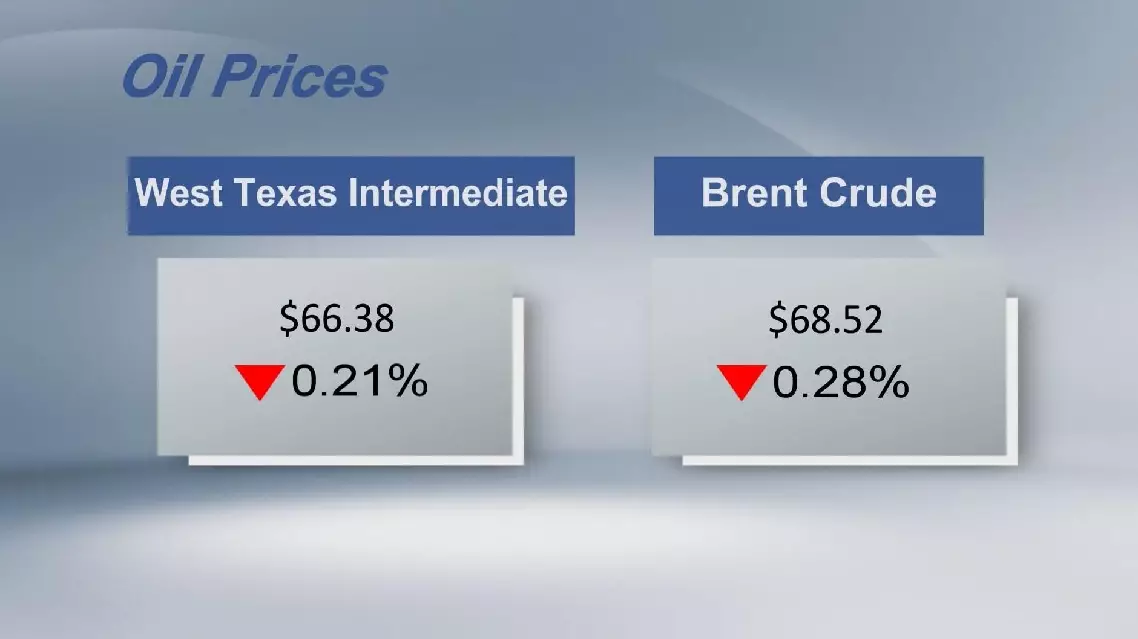Germany’s GDP may stagnate in the second quarter of this year due to the anticipatory effects of U.S. tariff hikes in the first quarter on German exports and industrial output, according to a monthly report released by the country’s central bank Bundesbank on Wednesday.
The report noted that demand for German industrial products, both domestically and internationally, remained weak despite recent upticks. While business confidence edged higher in June, Germany’s export sector now faces mounting headwinds from U.S. tariff policies in the short term.
U.S. President Donald Trump announced that a 30 percent tariff will be imposed on products imported from the European Union starting from August 1 unless a prior agreement is reached. This represents a further increase from the previous 10 percent tariff.
Therefore, the Bundesbank warned that if the 30 percent tariff takes effect, it will pose a significant downside risk to the German economy.
The report also said that Germany’s industrial output recorded a slight month-on-month increase on average in April and May, driven by the automotive sector, but the output of chemical and metallurgical products during the two months remained below the average levels of the first quarter.
As Germany’s inflation rate decreased slightly to two percent in June, the Bundesbank projected that inflation will fluctuate around this level in the coming months.
Additionally, Germany’s Macroeconomic Policy Institute (IMK) said in a report on Wednesday that if the U.S. government proceeds with its plan to impose 30 percent tariffs on EU goods starting from August 1, it would significantly impact the German economy.
The report warned that once the U.S. tariffs take effect, they could substantially curb Germany’s economic growth in 2025, with growth in 2026 also projected to slow to around 1.2 percent.
While the German economy will face impacts, the United States may suffer more severe economic losses, the report noted.
The report predicts that consumer prices in the United States will rise due to increased tariffs, leading to a restraint on consumer spending. Moreover, under inflationary pressures, U.S. monetary policy might remain tight, further impeding the country’s economic growth.
German GDP may stagnate in Q2 due to US tariffs: central bank
Oil prices inched down on Wednesday.
The West Texas Intermediate for August delivery dropped 0.21 percent to settle at 66.38 U.S. dollars a barrel on the New York Mercantile Exchange. Brent crude for September delivery decreased 0.28 percent to settle at 68.52 dollars a barrel on the London ICE Futures Exchange.
Crude futures settle lower


